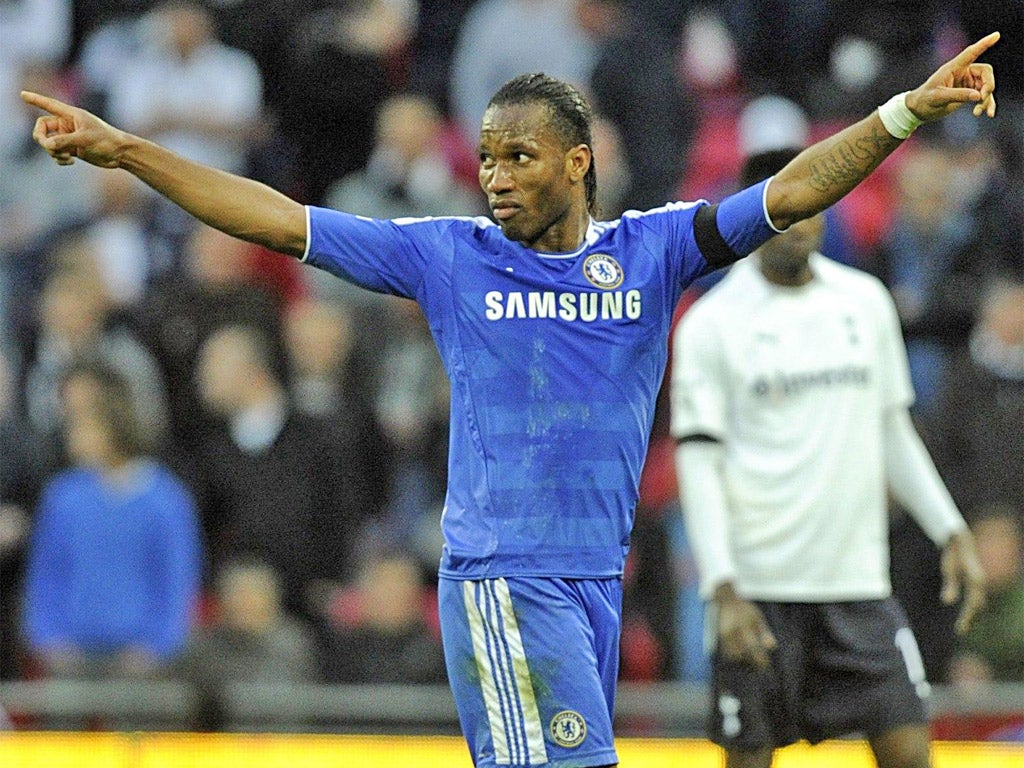
Your support helps us to tell the story
From reproductive rights to climate change to Big Tech, The Independent is on the ground when the story is developing. Whether it's investigating the financials of Elon Musk's pro-Trump PAC or producing our latest documentary, 'The A Word', which shines a light on the American women fighting for reproductive rights, we know how important it is to parse out the facts from the messaging.
At such a critical moment in US history, we need reporters on the ground. Your donation allows us to keep sending journalists to speak to both sides of the story.
The Independent is trusted by Americans across the entire political spectrum. And unlike many other quality news outlets, we choose not to lock Americans out of our reporting and analysis with paywalls. We believe quality journalism should be available to everyone, paid for by those who can afford it.
Your support makes all the difference.A lot has happened since the events of the night of 6 May, 2009, at Stamford Bridge and Dani Alves of Barcelona can re-arrange them as profoundly as he likes.
But then he might be wise not to press too hard his edited version on Didier Drogba, especially, before tonight's return to the battle lines of arguably the most distorted semi-final in the history of the Champions League.
The claim of Alves that it was fear and not relentless referee error by a hapless Norwegian, Tom Henning Ovrebo, which denied Chelsea the chance of a final rematch with Manchester United in Rome landed this week not so much as historical revision as outrageous provocation.
It is an old scab, and the danger of picking it may have declined along with Chelsea – and the graduation of Barça to what many believe is an ultimate level of the game – but for Drogba, pictured, whether he starts at the heart of the action or smoulders on the bench for a while, and his Old Guard team-mates it is hard to imagine anything quite so guaranteed to stimulate some of the last of their ambition.
When Andres Iniesta scored three minutes into added time – and took his team through on away goals – the rage of the big man from Ivory Coast was so strong it seemed possible that it would never die. Maybe it is true that, three years on, the 34-year-old finds it that much harder to channel his deepest emotion into decisive physical action. However, Barça, despite all their legitimate pomp, should perhaps not take this entirely for granted.
This is particularly so if they linger for more than a moment or two over the more dramatic of recent strikes from a still formidable armoury. Drogba's running header in the second-leg defeat of Napoli had the authority of a bolt of lightning. So did the goal that ambushed the composure of Spurs at Wembley last Sunday. If this is the last of Drogba, it is surely more than a faint echo of the past. Certainly, it makes his involvement tonight, at least at some point, more dangerous to Barça than even the most optimistic progress report on Fernando Torres.
Indeed, the late possibilities of Drogba and Frank Lampard and John Terry under the old-pro stewardship of Roberto Di Matteo provide more than enough incentive to reflect on some extraordinary years of achievement, a body of work which came so close to fulfilment in spite of the unwitting sabotage of Roman Abramovich.
Not the least extraordinary fact of Chelsea's pursuit of the Champions League is that in the last five years they have reached the semi-finals three times and the final once – and on each occasion while in the hands of a temporary manager.
For a little while there was a game of distributing blame at Stamford Bridge. The Old Guard brought out the knives, it was said. Andre Villas-Boas floundered on the precipice of his own inexperience. But however you cut it, here was a dysfunctional football club, one buffeted by one too many departures from the classic values of professional organisation and motivation.
How has Di Matteo done it? Mostly by understanding the psychology of professional footballers, knowing how it is when they move towards and beyond the limits of their old power.
In Di Matteo's case what he has might not carry him too far into an uncharted future but, as we have seen from time to time since the start of what seemed like a hopeless assignment, it is not without an impressive remnant or two.
What can be assumed safely enough is that whatever the years have brought to Didier Drogba, it does not include fear.
Join our commenting forum
Join thought-provoking conversations, follow other Independent readers and see their replies
Comments